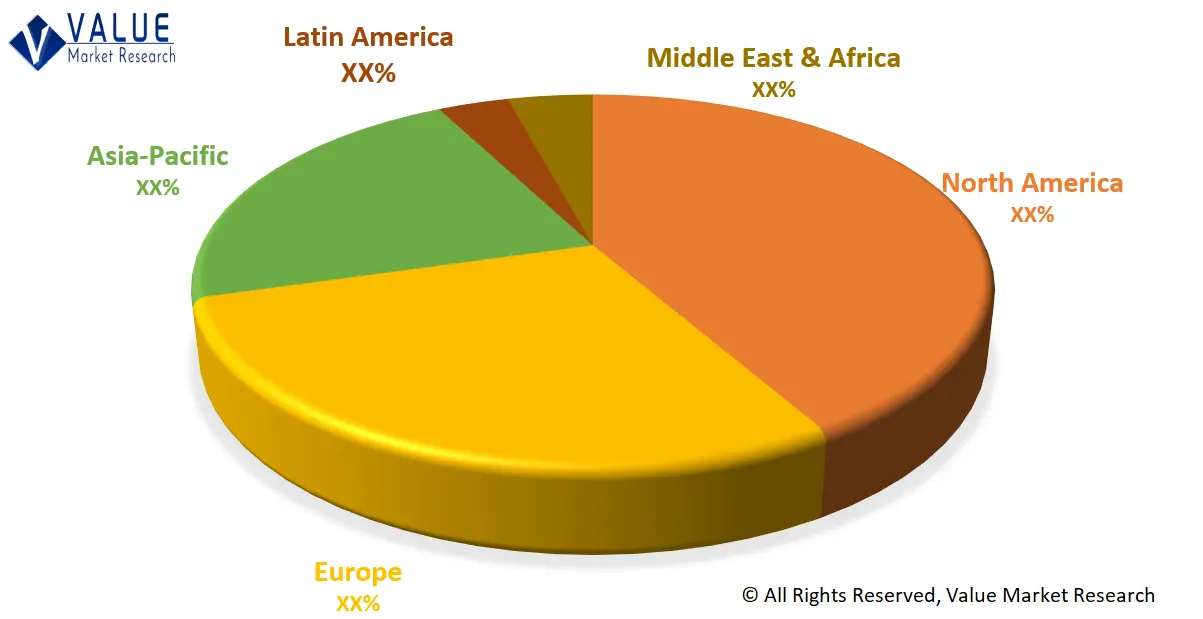The global demand for Business Email Compromise Market is presumed to reach the market size of nearly USD 3.39 BN by 2028 from USD 2.18 BN in 2021 with a CAGR of 21.52% under the study period 2022 - 2028.
Business email compromise, also called email account compromise, is a type of scam targeting accounts of organizations that conduct wire transfers across the world. In these scams, cybercriminals send an email that appears to come from a reliable source, making a legitimate transaction request and ending up with financial fraud. Corporate email accounts or accounts of high-level executives are at risk while performing financial transactions with a wire transfer. A business email compromise is growing cybercrime across industries, causing billions of dollars in potential losses. They are challenging to detect and avoid with native cloud platform defenses and traditional cybercrime tools.
Market Dynamics
There have been many business email compromises and cyber attacks during and post the pandemic. With the increasing use of smartphones, internet transactions, and cloud memory, cases are expected to grow. On the other hand, the increased regulatory compliance on email usage is also responsible for the use of business email compromise solutions. In addition, there is a considerable demand for email protection across IT, healthcare, government, and eCommerce due to the billions of frauds that have happened in the past few years.
The research report covers Porter's Five Forces Model, Market Attractiveness Analysis, and Value Chain analysis. These tools help to get a clear picture of the industry's structure and evaluate the competition attractiveness at a global level. Additionally, these tools also give an inclusive assessment of each segment in the global market of business email compromise. The growth and trends of business email compromise industry provide a holistic approach to this study.
Market Segmentation
This section of the business email compromise market report provides detailed data on the segments at country and regional level, thereby assisting the strategist in identifying the target demographics for the respective product or services with the upcoming opportunities.
By Offering
By Deployment Mode
By Vertical
- BFSI
- Government
- IT & ITeS
- Energy And Utilities
- Manufacturing
- Retail And Ecommerce
- Healthcare
- Other Verticals
By Organization Size
Regional Analysis
This section covers the regional outlook, which accentuates current and future demand for the Business Email Compromise market across North America, Europe, Asia-Pacific, Latin America, and Middle East & Africa. Further, the report focuses on demand, estimation, and forecast for individual application segments across all the prominent regions.
Global Business Email Compromise Market Share by Region (Representative Graph)

The research report also covers the comprehensive profiles of the key players in the market and an in-depth view of the competitive landscape worldwide. The major players in the business email compromise market include Agari Inc., Armorblox Incorporation, Abnormal Security Inc., Area 1 Security Incorporation, Barracuda Networks Incorporation, Broadcom Corporation, Clearswift GmbH, Cisco Inc., Check Point Inc., Fortinet Corporation, GreatHorn Incorporation, Heimdal Security Solutions Company Ltd., IRONSCALES, Mimecast Limited, Proofpoint Inc., PhishLabs Corp., Trend Micro Inc., Tessian Corp., Terranova Security, Trustifi Inc., ZeroFox Company, and Zix Corporation. This section consists of a holistic view of the competitive landscape that includes various strategic developments such as key mergers & acquisitions, future capacities, partnerships, financial overviews, collaborations, new product developments, new product launches, and other developments.
In case you have any custom requirements, do write to us. Our research team can offer a customized report as per your need.

